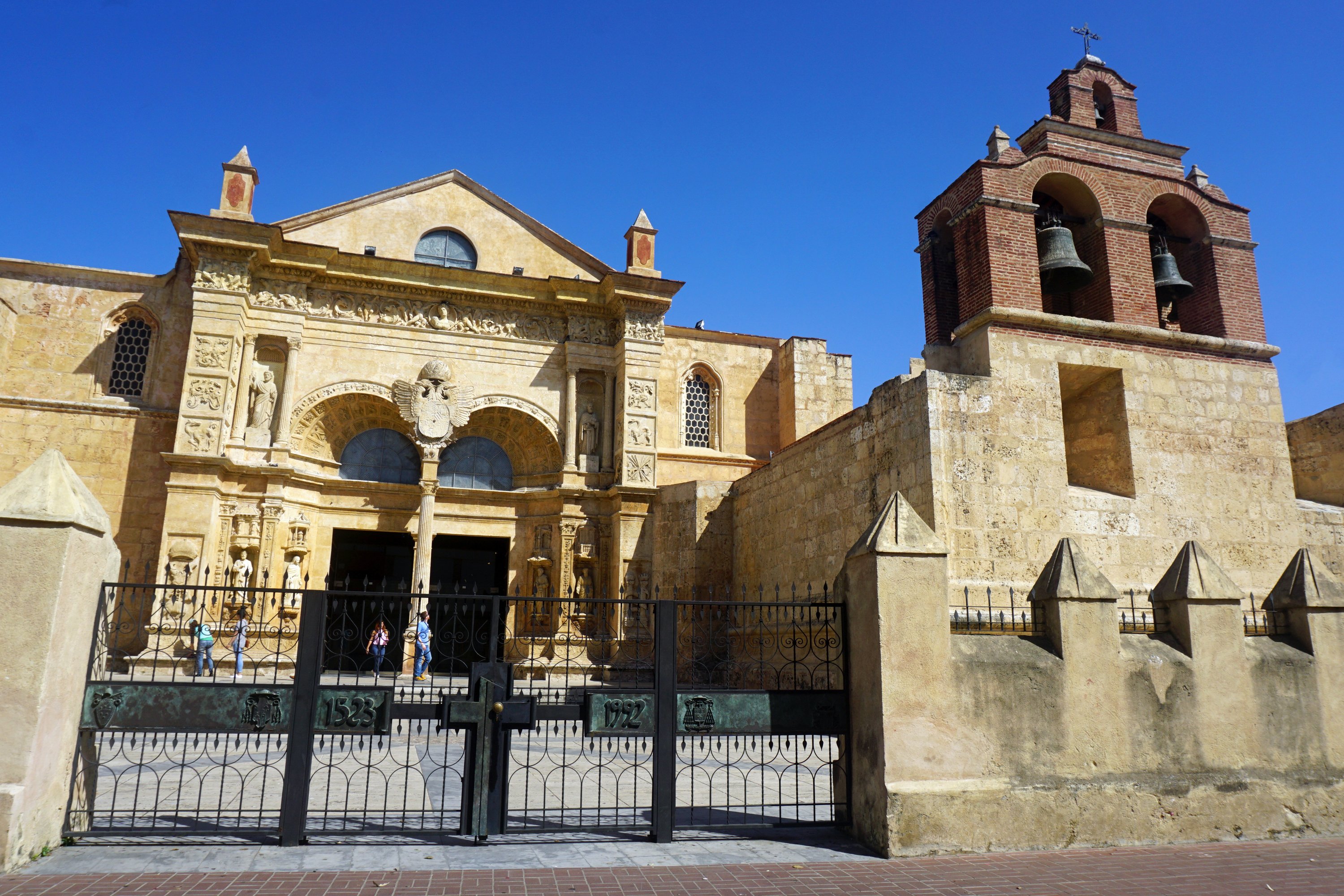🇩🇴map Dominican Republic [Safety]

Government and Political Stability
The Dominican Republic is a presidential democracy with regular elections and an active multi-party system. Power transitions have been peaceful in recent years, and institutions like the Central Electoral Board help keep the process orderly. You’ll hear plenty of lively debate, especially around election seasons, but large-scale political turmoil is uncommon. Corruption remains a concern—public procurement and local bureaucracy can be opaque—so expats should use reputable lawyers and avoid shortcuts in any official process. Day to day, the state functions reliably, and most residents go about life without political disruptions.
Economic Stability
The Dominican economy has been one of the Caribbean’s growth leaders, driven by tourism, free-trade zone manufacturing, services, and remittances. While global shocks can slow things down, shops are stocked, ATMs work, and the main cities feel economically dynamic. The peso can fluctuate, so expats paid in foreign currency often budget with a cushion for exchange-rate swings. Inflation has eased from pandemic-era peaks, but prices for imports and housing in popular neighborhoods can feel high. Banking is modern in larger cities, with online services and international transfers common, though it’s smart to keep multiple payment options for occasional outages.
Crime and Personal Safety
Most expats enjoy the country safely, but crime is a real consideration, especially in urban areas. Petty theft—bag snatching, pickpocketing, and scooter drive-bys—happens in busy zones and near nightlife. Violent crime is more concentrated in certain neighborhoods and is often linked to local disputes rather than foreigners, but opportunistic robberies occur. In Santo Domingo, the Colonial Zone and Piantini/Naco feel more secure with visible police presence, while parts of the capital’s outskirts require more caution. In tourist hubs like Punta Cana and Puerto Plata, resort areas are well-patrolled, but keep an eye on belongings on beaches and at bars. Police response varies; report incidents promptly, use official channels, and lean on hotel or community security contacts.
Regional Security Issues
The shared border with Haiti shapes some security dynamics. When tensions flare—often tied to migration, trade, or construction along the border—authorities can tighten crossings and increase checkpoints. These measures rarely affect daily life in the country’s interior or coastal resorts, but they can disrupt overland travel in border provinces. Relations with other neighbors are stable, and there are no active territorial disputes impacting expats.
Terrorism and Civil Unrest
Terrorism risk is low in the Dominican Republic. Demonstrations do occur, typically around economic or governance issues, and are usually localized and short-lived. If protests are announced, avoid the area, as traffic can grind to a halt and police may deploy crowd-control tactics. Most people will never encounter unrest beyond the occasional march that reroutes your commute.
Natural Disasters and Environmental Risks
Hurricanes and tropical storms are the main seasonal risks, typically from June through November, with the highest activity in late summer and early fall. Heavy rains can trigger flash floods and landslides, and coastal areas may see storm surge. Earthquakes are possible but less frequent; buildings in older neighborhoods may be more vulnerable than newer high-rises. Power and water outages sometimes follow storms, so keep a small emergency kit, backup water, and phone power banks. Heat and humidity are intense much of the year—hydrate, use sunscreen, and plan outdoor workouts early or late.
Health and Medical Security
Private healthcare in Santo Domingo and Santiago is solid by regional standards, with modern clinics, specialists, and pharmacies that stock common medications. Outside major cities, facilities are more basic and evacuation to a larger hospital may be needed for complex care. Dengue is endemic and can spike seasonally; use mosquito repellent, screens, and long sleeves at dusk and dawn. Tap water isn’t considered potable—stick to bottled or filtered water, and be mindful with ice and raw foods. Carry any prescription meds in original packaging and consider an international health plan with medical evacuation, especially if you’ll travel to remote beaches or mountain areas.
Travel Advisories and Regulations
Most travelers enter visa-free or with a simple tourist card included in airfare, but requirements vary by nationality—check official guidance before you fly. Keep your passport and a copy of your entry receipt handy; you may be asked for ID at checkpoints, especially on highways. Local laws are enforced, and drug offenses carry serious penalties. Driving requires your home-country license (short stays) or a local permit if you reside long term. For longer stays, register with your embassy to receive alerts about storms, demonstrations, or border changes.
Practical Safety Tips
- Blend in and keep valuables low-key. Use cross-body bags, avoid flashy jewelry, and split cash/cards between pockets.
- Use vetted transport: official airport taxis, app rides in cities, or reputable private drivers. Avoid riding motorcycles unless you’re experienced and always wear a helmet.
- Stick to well-lit, busy streets at night and travel in pairs to bars or music venues. Arrange rides before you leave.
- Choose housing with controlled access, good lighting, and a generator or inverter. Get to know building staff and neighbors.
- For payments, carry a small amount of cash and use ATMs inside banks or malls. Check card terminals before tapping.
- Save key numbers: 911 works nationwide; know your embassy’s contacts and the nearest private clinic.
A little street savvy goes a long way here. With basic precautions and good local advice, the Dominican Republic can be a warm, vibrant, and comfortable base for your next chapter.
Maria
Maria is a bilingual travel writer and immigration consultant originally from Mexico City, with extensive
experience living and working across Latin America. She spent her early career as a journalist covering
cross-border migration and expatriate communities throughout Central and South America. Having personally
navigated complex visa processes in multiple countries including the United States and Spain,
Maria understands firsthand the challenges faced by Latin American professionals seeking international
opportunities.
Published: 2025-07-15